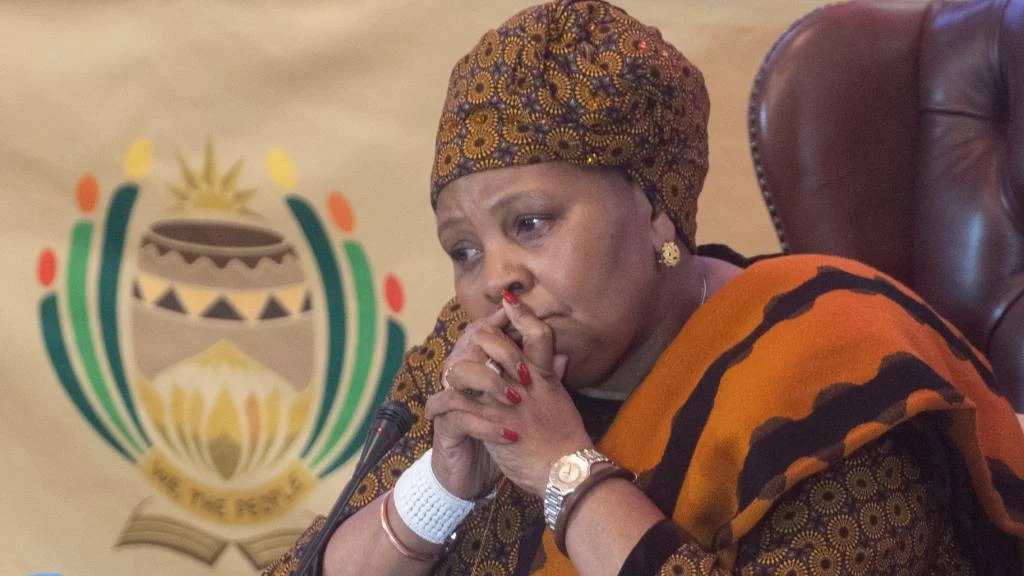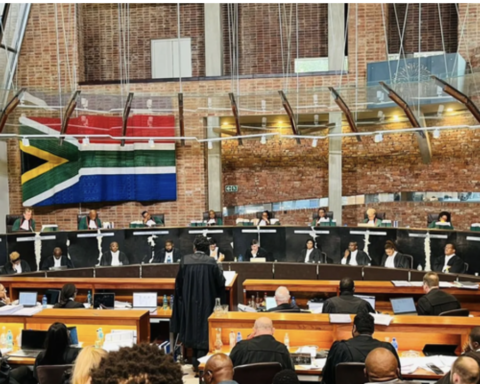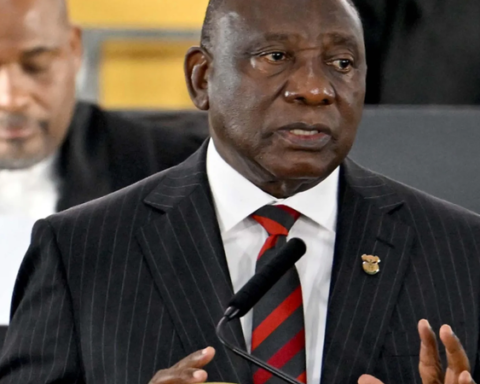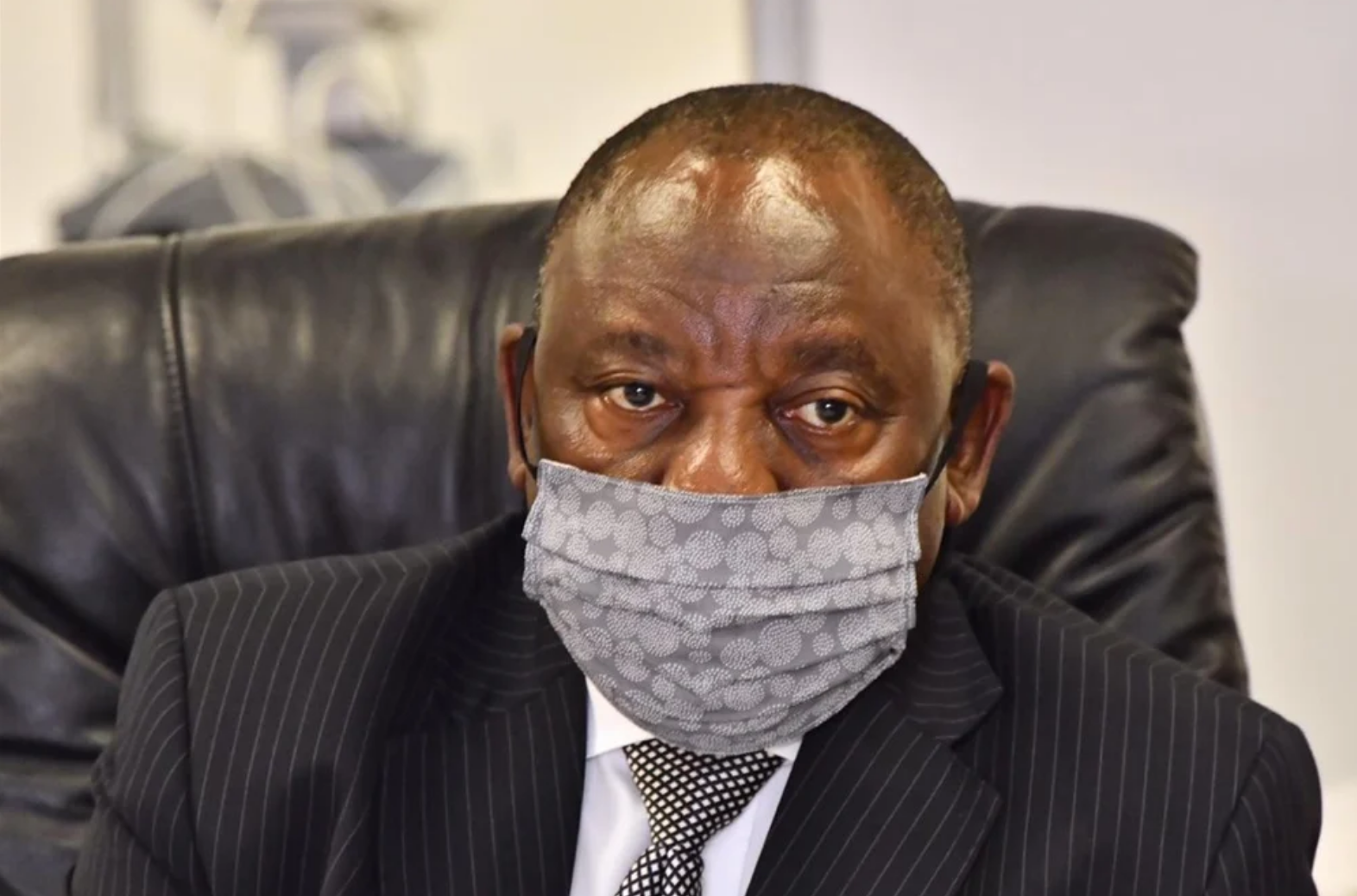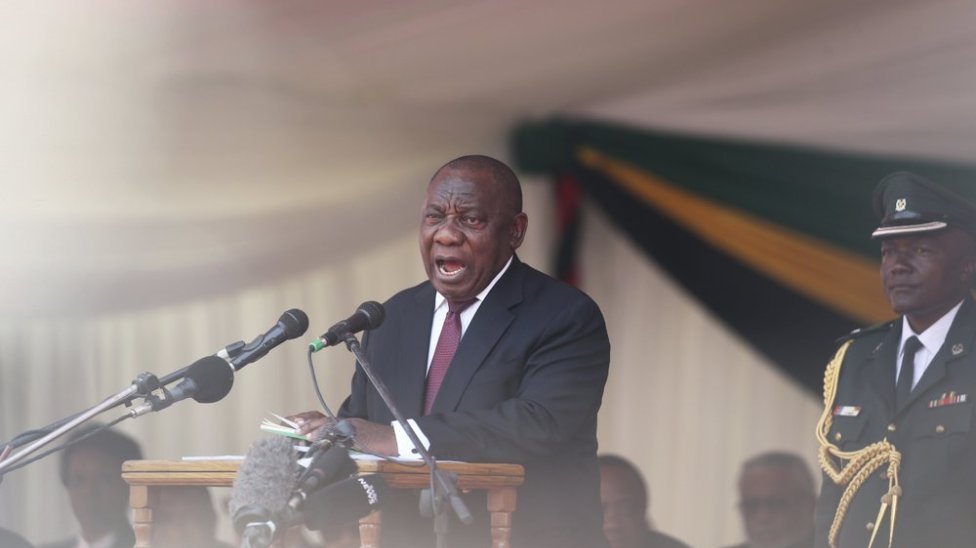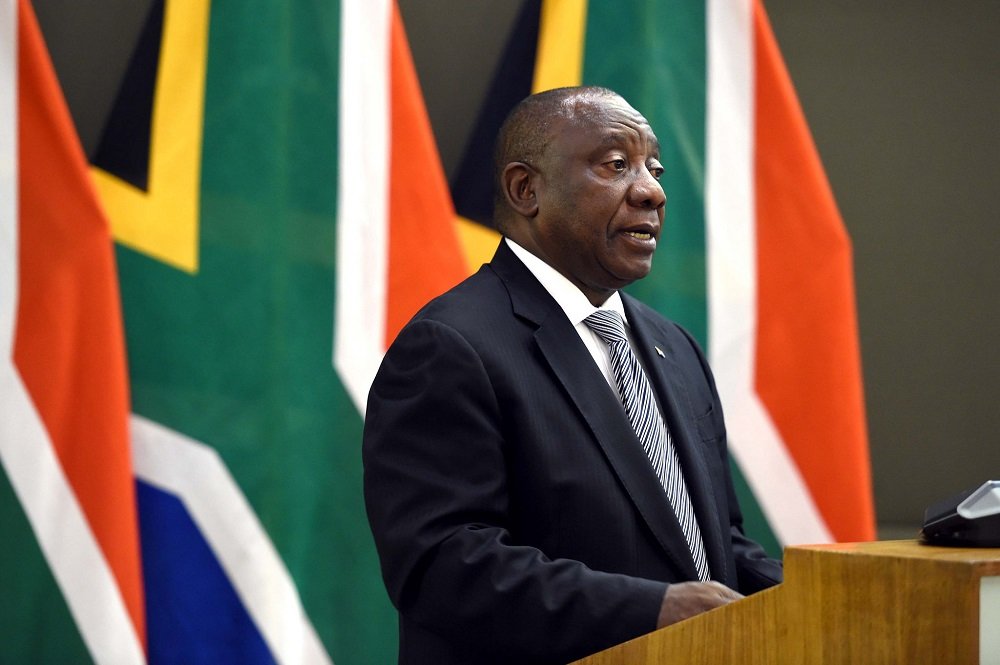South Africa’s Special Investigations Unit conducted a thorough search at the residence of Parliament Speaker, Nosiviwe Mapisa-Nqakula, lasting over five hours on Tuesday. The operation, part of an ongoing probe into allegations of bribery during her tenure as defence minister, resulted in the seizure of pertinent evidence.
Parliament officially confirmed the search and seizure at Mapisa-Nqakula’s Johannesburg home, emphasizing her status as a seasoned legislator within the ruling African National Congress (ANC) party. Despite the gravity of the accusations, the Speaker staunchly refuted any involvement in unlawful activities, asserting her full cooperation with the investigative authorities.
The investigation into Mapisa-Nqakula, aged 67, gained public attention following revelations in a recent newspaper exposé. According to reports, she stands accused of accepting bribes totalling at least $120,000 from a defence contractor between 2016 and 2019, allegedly delivered discreetly in cash-filled gift bags.
A spokesperson for the National Prosecuting Authority disclosed that the search operation was conducted under the auspices of its investigating directorate.
Remarkably, on the same day as the search, Mapisa-Nqakula was expected to preside over parliamentary proceedings, including a session where lawmakers posed questions to President Cyril Ramaphosa. However, she was conspicuously absent, with her duties overseen by the deputy speaker.
The opposition Democratic Alliance swiftly called for Mapisa-Nqakula’s resignation, citing an inability to maintain the integrity required for her high-ranking position.
This isn’t the first time Mapisa-Nqakula has been embroiled in bribery allegations. Similar accusations surfaced during her tenure as defence minister, though parliamentary inquiries into these claims were terminated around the time of her assumption of the Speakership in 2021.
Mapisa-Nqakula’s case is just one among several high-profile corruption scandals plaguing the ANC, particularly during the leadership of former President Jacob Zuma. Zuma’s tenure saw a flurry of corruption allegations, leading to his eventual resignation in 2018 amidst mounting pressure. He currently faces trial for pre-presidential corruption charges.
A comprehensive inquiry into corruption during Zuma’s administration unveiled extensive evidence of illicit dealings between private entities and government officials in exchange for lucrative state contracts. Despite this, prosecutions have been sparse, and the ANC has controversially allowed some implicated members to run for office again in the upcoming national election on May 29.
These corruption scandals have severely tarnished the ANC’s reputation, with analysts predicting a decline in its electoral support. Consequently, there’s speculation that South Africa may witness its first-ever coalition government, marking a significant shift in the country’s political landscape.
